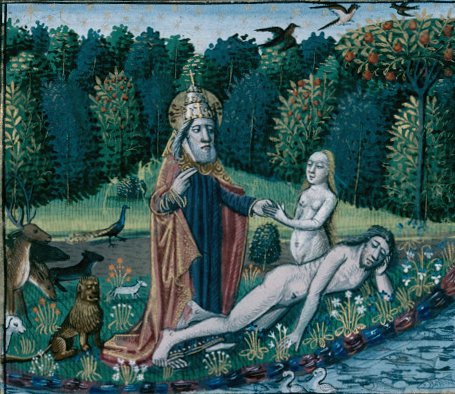 In today’s Acton Commentary, I explore the Christian conception of law as a necessary palliative to the anti-social effects of sin. “Since we do not always govern ourselves as we ought to, in accord with the moral order, there must be some external checks and limits on our behavior,” I write.
In today’s Acton Commentary, I explore the Christian conception of law as a necessary palliative to the anti-social effects of sin. “Since we do not always govern ourselves as we ought to, in accord with the moral order, there must be some external checks and limits on our behavior,” I write.
In a complementary post over at There is Power in the Blog (the blog of the journal Political Theology), I also explore the theme of “Proper Reverence for Political Authority.” There I draw explicitly on the example of Abraham Kuyper, who sees “the state” as a uniquely post-lapsarian institution, but who also sees social and even political life as a natural expression of human nature.
There’s a wonderful passage in Kuyper’s lecture on Calvinism and politics that gets at what political life might have looked like without sin and the resulting need for coercive restraint: “Had sin not intervened…as a disintegrating force, had not divided humanity into different sections, nothing would have marred or broken the organic unity of our race.” Only in such a case “would the organic unity of our race be realized politically,” in which “one State could embrace all the world.”
But, in fact, sin has intervened, and therefore, as I point out in today’s commentary, “law and legal constraint protect true liberty, and prevent our earthly existence from degenerating into a hellish existence, a libertinism in which our anti-social desires are given full rein.”
And for another worthwhile discussion on “what kind of corporeal or political life men would have professed in the state of innocence,” check out the latest scholia translation and introduction of a text by Francisco Suárez in the latest issue of the Journal of Markets & Morality.

